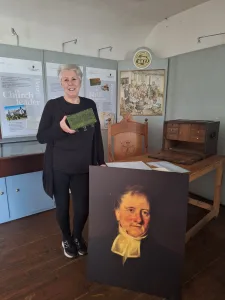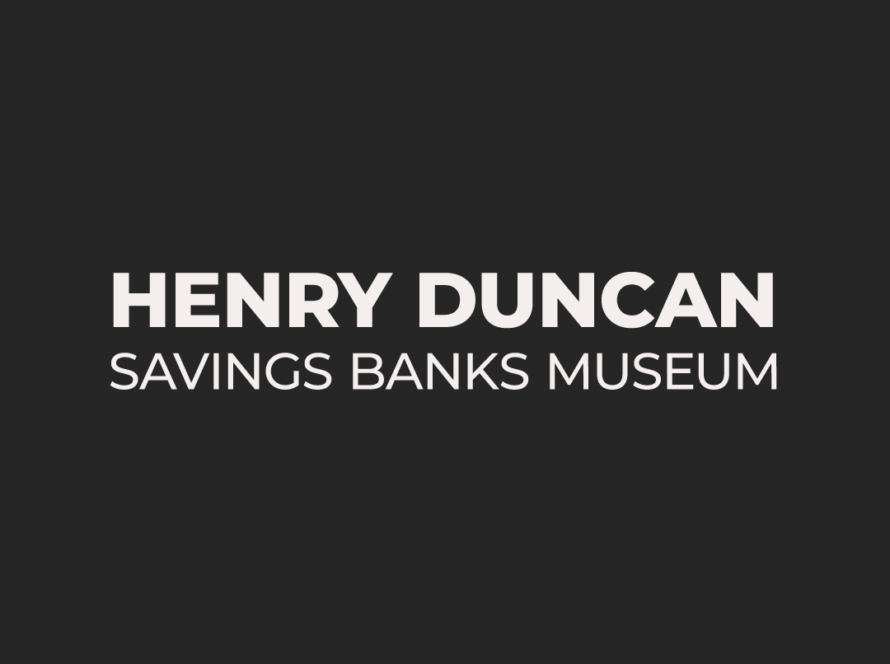Ruthwell Savings Banks Museum is to re-open in 2024 with a special focus on local hero Henry Duncan
ONE of the most important historical sites in Dumfries & Galloway will re-open to the public next year to tell the story of how the world’s first savings bank was established there in 1810 by The Reverend Henry Duncan, the remarkable Ruthwell resident who also founded the first newspaper in the region, restored the oldest Christian cross in mainland Scotland, and identified the first fossil footprints in Britain.
The Savings Banks Museum in Ruthwell is set to have a bright new future as an internationally significant tourist attraction for the region, having recently been transferred into the ownership of Comlongon Estate Ltd from TSB.
Comlongon’s current owners, Professor David Thomson and Teresa Church, co-owners of multi award-winning Annandale Distillery and custodians of The Globe Inn in Dumfries, say it is fitting that the landmark site has now been re-incorporated into the Estate from whence it came: “Comlongon Castle has an historical relationship with the Savings Banks Museum and The Reverend Henry Duncan and we believe much can be achieved by reuniting these three cornerstones of local history. We are very grateful to TSB for facilitating the transfer of ownership back to Comlongon Estate.
“The museum will be restored sympathetically and appropriately, much in the same way we have restored the Burns Rooms at The Globe Inn.”

They have appointed Mhairi Hastings as manager of the museum and plan to re-open the site to the public in 2024 following a major restoration project, with a special focus on the life, work and incredible legacy of the polymath Henry Duncan, one of the region’s – and indeed Scotland’s – most remarkable yet under-celebrated heroes.
Teresa Church says: “We want to capture the spirit of the fantastic achievements of Henry Duncan, with all his many hats, not just as a minister but as a real man of the people, who worked hard to help them in any way he could. He encouraged them to have a view on things and an education because he thought that was the way to get out of the poverty trap.”
Duncan did something revolutionary when he set up the Ruthwell Parish Bank – the world’s first self-supporting bank paying interest on investors’ modest savings – to serve the local people in the community, encouraging the ‘industrious poor’ to save for times of hardship. Arguably his greatest creation, the formation of the bank triggered the birth of a movement, and from next year visitors will once again be able to see the very room where it happened in May 1810, as well as the bank’s original money box, the chair in which he sat, and other precious artefacts.
They will also be able to learn more about his work as parish minister, political lobbyist, anti-slavery campaigner, educator, geologist, poet, artist, author, and his other significant achievements including founding the first newspaper in Dumfries & Galloway – The Courier – and the Dumfries & Galloway Standard (both of which are still printed today), and rebuilding and restoring the medieval Ruthwell Cross, which can be seen in Ruthwell Church, near to the Savings Banks Museum.



